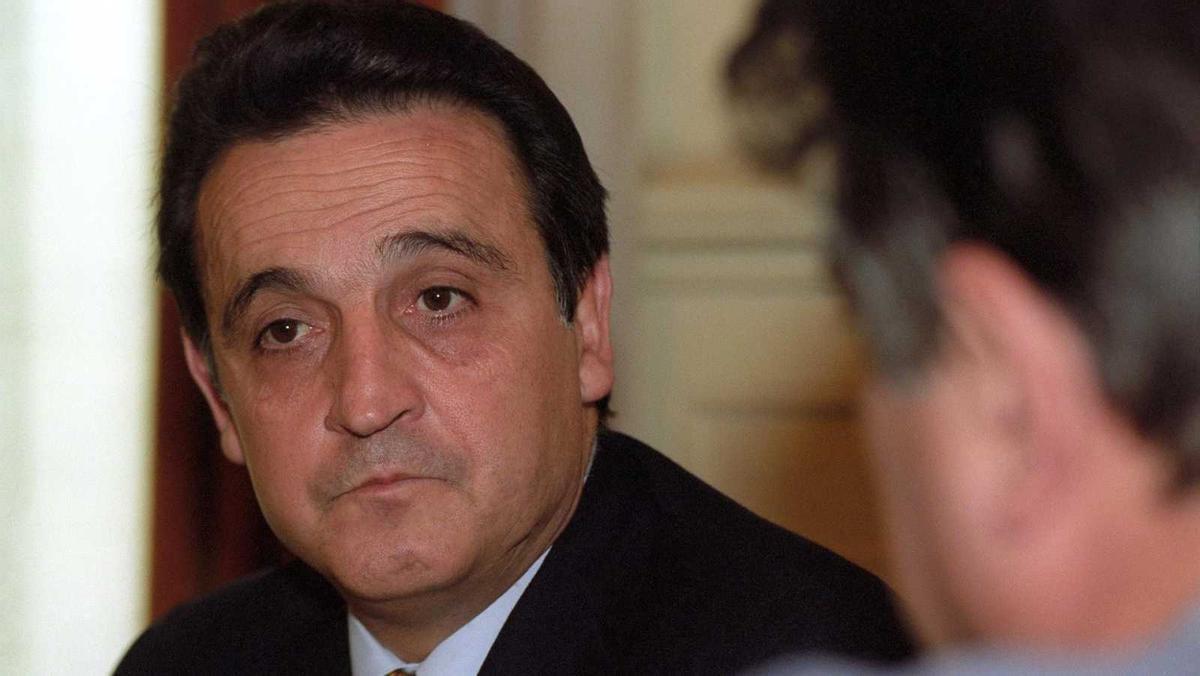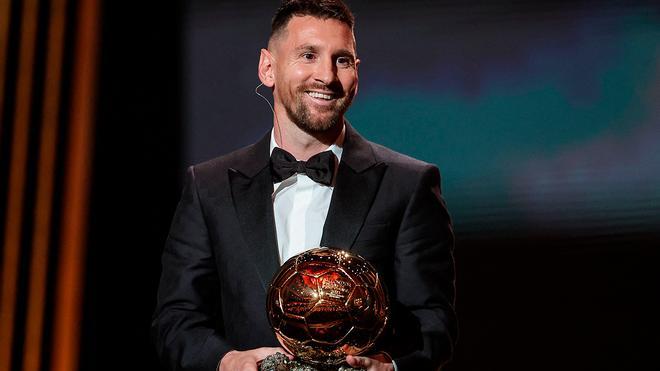Judge charges Barcelona with bribery over Caso Negreira
Barcelona judge Joaquín Aguirre, who is investigating the 'Caso Negreira', concerning FC Barcelona's payments to former referee José María Enríquez Negreira, issued an order Thursday in which he charges FC Barcelona with the crime of bribery, and the rest of those under investigation, including former club presidents Josep Maria Bartomeu and Sandro Rosell, considering that the Royal Spanish Football Federation (RFEF), on which the Technical Committee of Referees depends is an body that performs functions of a public nature.
In this way, he maintains that Enríquez Negreira "exercised public functions" as vice-president of the said committee. For this reason, it equates him to a civil servant for criminal purposes by introducing this offence. The judicial process is intended to be processed by the law of the jury and it will therefore be a 'popular' court (with jury) that will decide the guilt or innocence of the accused. This type of offence, moreover, does not require proof of match-fixing, and the payments made by Barcelona have already been proven.
The court emphasises in their documents, to which EL PERIÓDICO, part of the Prensa Ibérica group, has had access, that Enriquez Negreira "participated in the exercise of public functions" during the period of time that he was also paid by FC Barcelona. The former refereeing official received, through his or his son's companies, more than seven million euros over a period of 18 years. The magistrate argues that, in addition, the Catalan club stopped paying him when he left his position as vice-president of the technical committee. For this reason, and "with an indicative nature", the judge points out that the payments were made in response to the position held by the referee in the body that regulates refereeing in Spanish football.
The judge assures that a vice-president of the Technical Committee of Referees, "as a person who exercises public functions, must be impartial and have equal treatment with all teams, which is why it is incompatible with the natural exercise of his position that he receives a large annual remuneration without a contract that serves as a support to carry out a monitoring function of the referees who managed FC Barcelona and who were under the orbit" of his authority.
In his opinion, Enriquez Negreira carried out acts, "whether they were verbal or written reports", which were contrary to the duties inherent to his position, as it is "inadmissible" that a vice-president of this committee "advises a specific first division team and that he carried out such advice in response to the sums paid to him annually" by the Catalan club. The court ruling adds that the payments made to the former referee and his son were "to carry out acts related to his position", either because of his "influence" or "ascendancy" with other members of the technical committee, "either because he scored the referees, conditioning their promotion or relegation" or "either because of his general influence" as vice-president.
The order specifies that "even if another or other teams had also made similar payments", Barça's conduct "will continue to show signs of a crime", since "the repetition by other clubs of an unlawful act" does not make it "lawful", since "habit" (which has not been proven) does not make an act lawful". If it were proven that other clubs did the same, "criminal proceedings should be brought against them, instead of closing the case against FC Barcelona", he adds. The magistrate concludes that the payments "produced the desired arbitration effects" for the club, "in such a way that there must have been an inequality in the treatment of other teams and the consequent systemic corruption in Spanish arbitration as a whole".
SPORTING CORRUPTION
In a lengthy order, citing not only Spanish rulings, but also those of the Court of Justice of the European Union (CJEU), Judge Aguirre stresses that the RFEF "has the character of a public legal entity", despite the fact that "legally it is called a private entity", as it carries out "public" functions, such as the regulation of football competitions. The tasks of the refereeing organisation, he states, are therefore "of a public nature".
The judge recalls a Supreme Court ruling that points out as possible perpetrators of the crime of bribery anyone who "participates in the exercise of a public function, including with this phrase not only public officials, but all other persons who for whatever reason effectively carry out a public function". In his opinion, with this "general and broad formula", the social interest "is safeguarded against the behaviour of all those persons who should fulfil their public duties but do not do so by virtue of the bribery carried out".
The order specifies that "even if another or other teams had also made similar payments", Barça's conduct "will continue to show signs of a crime".
BRIBERY
The judge alludes to the fact that the explanatory memorandum of the 2010 reform that introduced the crime of sporting corruption into the Penal Code, which is now left as an alternative to bribery, states that "private companies that provide public services will be subject to the criminal discipline of bribery". The judge emphasises that in his opinion "we are not dealing with a sporting corruption offence between private individuals", but with a bribery offence, which punishes those who request, accept or offer money, gifts or favours in exchange for an act related to the exercise of a public function. In this sense, he distinguishes between passive bribery (Enríquez Negreira and his son) and active bribery, which he attributes to the rest of the accused, including FC Barcelona itself.
The magistrate emphasises that the "modern doctrinal current" places "emphasis on the need to prosecute with criminal instruments all activities that reveal the corruption of public officials and endanger the democratic credibility of the administrative system of the State". He emphasises that "from this perspective, there is a tendency towards a unitary policy that tries to standardise all conduct that is an expression of corrupt behaviour", while arguing that all types of bribery are "manifestations of this scourge of corruption that affects the smooth running of the Administration".
Topics with the letter





